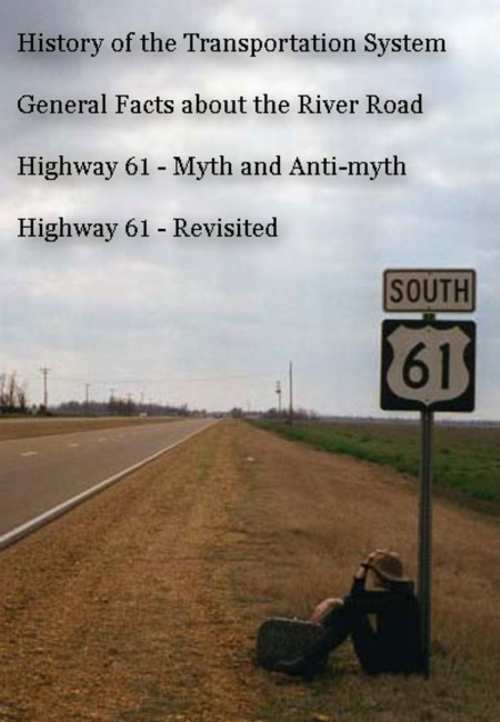
| THE HANDSTAND | NOVEMBER-JANUARY2010 |

Poor People’s Economic Human Rights Campaign
HIGHWAY 61 REVISITED… US Highway 61 goes from northern Minnesota down through Mississippi to New Orleans. On November 11-13, leaders of the Poor People’s Economic Human Rights Campaign (PPEHRC) came from both ends of that road, both coasts, and several points in between to meet in Glendora, Mississippi.
The gathering’s purpose was to begin planning for the massive Delta to Detroit march set for next spring under the banners of “Universal Health Care” and “A Moratorium on Foreclosures.” Glendora—a short jaunt off Route 61 on State Highway 49—was an appropriate site. Its 295 residents are all black and all poor, often lucky to get just one meal a day. The worst housing there is indistinguishable from the worst housing in Haiti. Glendora is also suffused with the memory of Emmett Till, the 14-year-old Chicago boy who was murdered in 1955 for allegedly whistling at a white woman. There is a local Emmett Till Museum, an Emmett Till Highway, and we were taken to the site where his lifeless body, tied to a cotton gin fan, was thrown into a river.
Yet the dynamics of race and poverty are evolving in Mississippi. We watched two prisoners from the nearby $38 million private prison pick up garbage in Glendora in striped convict uniforms. They were white. Their supervisor was black. When you turn off Highway 61, you soon run into a magnificent new mansion right by the road and just a stone’s throw from the Hopson plantation. Its owners are black. Fifteen per cent of Mississippi whites (261,400 people) now live in poverty. There are currently 7,069 “distressed mortgages” in Mississippi and a foreclosure takes place in the state every 22 minutes. The majority of these soon-to-be homeless are white.
Mississippi and its namesake river are, of course, a key part of our cultural bedrock. So it was fitting that our meeting was held at the Sonny Boy Williamson II Bed and Breakfast. It’s owned by Johnny Thomas, Glendora’s unpaid mayor and our official host. When I noted the display in the building honoring RRC’s good friend, bluesman Bobby Rush, Thomas mentioned that Bobby’s surprise 75th birthday party would take place in nearby Itta Bena while we were there.
A side meeting of foreclosure victim Rosemary Williams of Minneapolis with the local fifteen-strong teenage drill team led to that crew’s formal affiliation to the campaign. They gave a dynamic performance after their meeting, which in turn led to a show by local rappers the Delta Boys, who referenced Emmett Till while projecting a burning desire to be free from poverty. Then Jason Rivera, a longtime RRC subscriber and a rapper/producer from New Jersey, stepped into the circle to drop his “PPEHRC Anthem.” Beatboxing duties were passed around as this evolved into a true collaboration, perhaps the first ever between an urban Puerto Rican and artists from the heart of the Delta’s agricultural empire. Rivera pledged to return to Glendora to help stage a festival showcasing local talent.
After preliminary late March events in New Orleans and on the Mississippi Gulf Coast, the Delta to Detroit March will begin on April 4, 2010—the anniversary of Martin Luther King’s assassination. It will launch from Marks, Mississippi--where King’s poor people’s march began in 1968--and one of its first stops will be Glendora. The goals of the march include not just mobilizing every single foreclosure victim along the way but to have a concert, a poetry open mic, and an art/photography show each night. The march will end on June 21, 2010 at the U.S. Social Forum, an event expected to draw over 20,000 people to Detroit’s Cobo Hall. Satellite events to take place during the march are already set for San Antonio, Denver, Los Angeles, Newark, and Philadelphia. Other cities are urged to throw their hats in the ring.
The soul of the upcoming march was expressed by the Delta Boys, who gave passionate descriptions of how Glendora residents share everything they have with each other in order to survive and in order to express their love for the community. Except that the goal of the march isn’t a society which shares poverty, but a society which shares the abundance that America produces daily.
For more information, check www.economichumanrights.org.